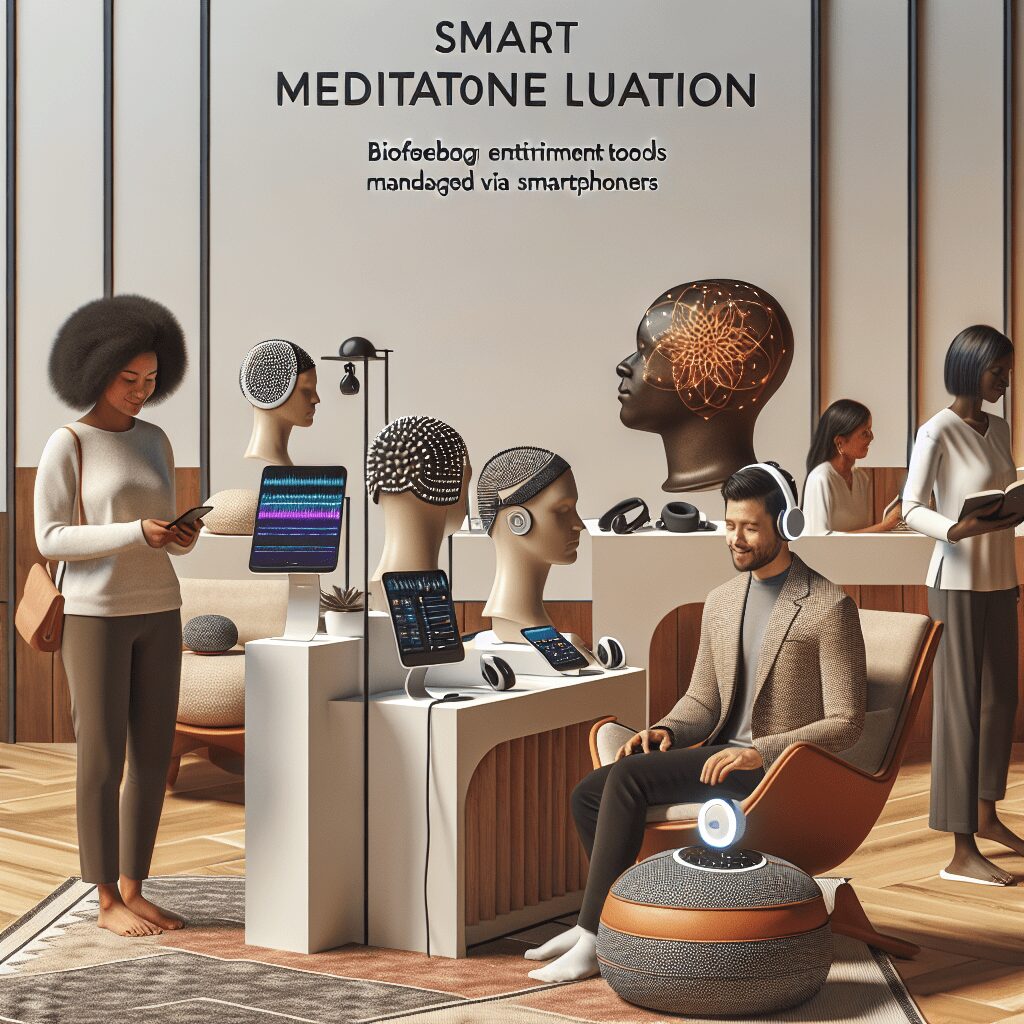
Prioritize your mental well-being daily. Enhance your life by nurturing your mental health with the Smart Meditation app. Break free from stress, alleviate anxiety, and enhance your sleep quality starting today.
How To Stop Anxiety Muscle Twitching?
Unraveling the Mystery of Anxiety-Induced Muscle Twitching
Ever found yourself in the throes of an anxiety attack, only to notice your muscles starting a dance party of their own? Yep, you guessed it — we’re talking about the notorious anxiety-induced muscle twitching. This involuntary fiesta can hit when you least expect it, leaving you wondering, “What the heck is my body up to now?” Let’s dive into the nitty-gritty of this phenomenon and, more importantly, how to show it the exit door.
The Science Behind The Twitch
First off, it’s crucial to understand that you’re not alone in this jitterbug. Anxiety muscle twitching is as common as those “Did I leave the oven on?” moments. When you’re anxious, your body pumps out adrenaline like it’s going out of style. This hormone is your body’s natural “fight or flight” response. It preps your muscles for action — which, albeit useful during a saber-toothed tiger encounter, is less so in a modern-day office setting. Consequently, this can lead to muscle overreaction, aka twitching, in the absence of any actual running or fighting.
Battle The Twitch With These Ace Strategies:
1. Breathe Like You Mean It
- Let’s Get Deep: Deep breathing isn’t just for yoga enthusiasts. It’s a science-backed way to tell your nervous system, “Chill out, we’re not being chased.” Try the 4-7-8 technique — breathe in for 4 seconds, hold for 7, exhale for 8. Repeat. Feel the magic unfold.
2. Move it, Move it
- Break a Sweat: Engaging in regular exercise releases endorphins — your body’s feel-good neurotransmitters. Whether it’s a brisk walk or a Zumba class, get that body moving. You’ll not only bid adieu to stress but potentially wave goodbye to those twitches too.
3. Catch Those Zs
- Quality Shuteye: Ever noticed how everything seems worse when you’re running on empty? Lack of sleep can amplify anxiety, leading to more frequent or intense twitches. Aim for 7-9 hours of quality sleep. Yes, Netflix, that means hitting “pause.”
4. Mind Your Diet
- Eat Smart: Certain stimulants, like caffeine and sugar, can turn your anxiety up to eleven. Try reducing your intake and observe if there’s a decrease in twitch occurrences. Swap the extra cup of joe for herbal tea and see how your body responds.
5. Professional Pow-Wow
- Seek Expertise: Sometimes, a chat with a professional can make a world of difference. If your anxiety or muscle twitching is cramping your style, consider reaching out to a therapist or a healthcare provider. There’s no shame in seeking help.
Prevention: A Foolproof Plan?
While there’s no one-size-fits-all solution to prevent anxiety muscle twitching, incorporating daily stress-management techniques can certainly put you ahead of the game. Mindfulness, journaling, or anything that floats your boat and brings you peace can be invaluable tools in your anti-twitch toolkit.
In summary, anxiety-induced muscle twitching can be a real pain in the neck (or arm, or leg). But with the right approach, you can regain control and reduce these involuntary dance moves. Remember, it’s all about taking it one step at a time — deep breaths, a dash of exercise, and maybe swapping the espresso for green tea. So, here’s to smoother, twitch-free days ahead!





